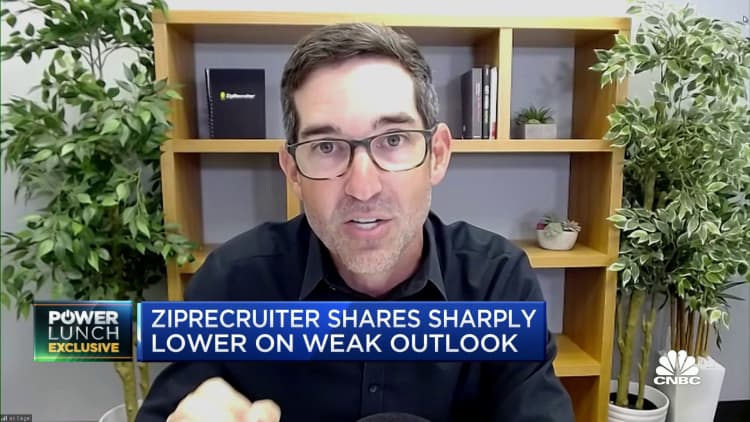CFO tenure is on the decline around the world, a reflection of worker trends across all company ranks but also the increased demands being placed on the C-suite.
Among North America-based executives in financial roles, 59% say the average tenure of a CFO at a single company is less than five years. That figure is even higher for EMEA- and APAC-based finance execs, with 73% and 61%, respectively, saying that the average CFO tenure was under five years.
And in every global region covered by the recent FTI Consulting global CFO survey, it's a significant change from last year, when the average was 48%.
An analysis of 679 Fortune 500 and S&P 500 companies in 2022 by Crist Kolder Associates also found that average CFO tenure is on the decline, at five years. Ten years ago, the average tenure was 5.3 years.
Gina Gutzeit, senior managing director at FTI Consulting and leader of its CFO Solutions practice, said that while there was a time when a CFO would often stay with a company for a decade or more, that has become much less common.
There are several reasons why CFO turnover is up, Gutzeit said. One is a change in corporate structure: M&A, companies going public, or a transaction that sees a change from a founder-led company to other ownership, are all situations where broader management shifts are common.
But another leading factor has been the evolution of the CFO role itself.
"What we're seeing more now is that the pressures and responsibilities of the CFO have become more and more, and they've really become a key part of that C-suite decision-making party," Gutzeit said. "I think that responsibility has become sort of a catalyst where if they don't like the direction of the company or they don't see eye-to-eye with the CEO, that might lead to turnover."
Long gone are the days where the CFO was viewed as a "bean counter," Gutzeit said, and being a more powerful member at the boardroom table may result in more cases of friction.
"That's where this dynamic comes in, whether then you feel engaged or listened to," she said. "CFOs may be saying, 'If you're asking me to have a seat at the table and then you're not listening to me, why was I sitting at the table?'"
Alan Numsuwan, managing director in FTI Consulting's CFO Solutions practice, said CFO specialization might also be impacting turnover rates.
"I don't know if I would call it a personality or role, but many CFOs are developing a reputation for themselves as experts," Numsuwan said. "They may be a transactional specialist, and if a company wants to go public, they can take them there, or if they want to divest organizations."
The pre-2022 IPO and funding boom has likely increased CFO turnover as new opportunities arose more frequently.
Other examples include rapid growth, say a company wanting to go from $1 billion to $5 billion in revenue, as well as cost savings and technology transformation projects which can drive the need for a more specialized CFO, Numsuwan said.
The Great Resignation is also a factor. CFOs, just like many other corporate employees, suddenly found themselves in high demand due to a tight labor market, and perhaps disenfranchised while dealing with a large amount of work or pressure.
Gutzeit says the current economic environment, with increasing layoffs and corporate restructuring, should influence more CFOs to stay put. She expects a slight decline in CFO turnover as "people are going to be more cautious about where they're going and what is changing."
Still, she said, the calculation for CFOs who are considering a move or pondering what the future might bring is the same: it's critical that CFOs "trust the people [they] work with."
"It's really about who is the CEO, who's the board, and where is the direction of that going, as well as building an understanding of their mindsets and how they approach things," she said. "At the end of the day, you have to trust people in their ability to make the right decisions… I've seen a lot of CFOs move because the vision they were told or promised did not occur."






